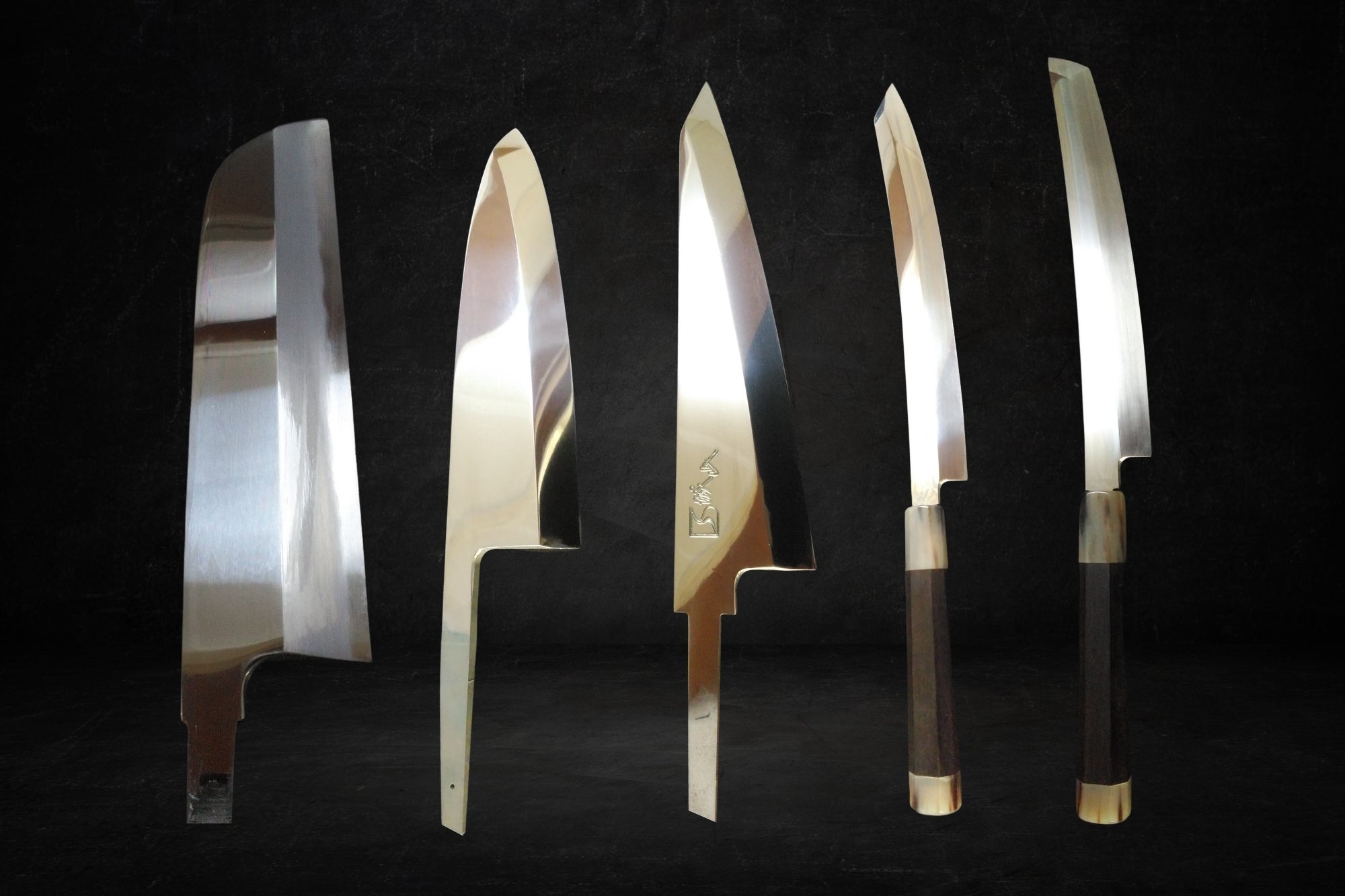
The cause of a kitchen knife becoming dull.
Share
Introduction: The Unseen Enemies of Your Kitchen Knife
Salt and Acid: The Hidden Hazards
One might not immediately recognize salt and acid as the archenemies of kitchen knives, but their impact can be detrimental. Even the most rust-resistant stainless steel knives are not immune to the erosive effects of these substances. Due to the composition of stainless steel—an alloy incorporating chromium—exposure to salt and acid can initiate rust, sometimes invisible to the naked eye, leading to significant damage over time.
To mitigate this risk, it's essential to wash and dry your knife promptly after cutting foods with high salt content, such as pickles, or high acidity, like lemons. Neglecting this can result in not only rust but also bacterial growth, due to lingering food particles.
Immediate Care Is Key
After using your knife, it's crucial to wash it with detergent and dry it thoroughly without delay. Traditional knives, particularly those prone to rust like deba and yanagiba, can start to rust if left unwashed, even for a short period, compromising their cutting efficiency. Note that if the blade exhibits a brownish hue but maintains a shiny surface—known as "blue rust"—it is generally harmless, provided the knife is kept well-wiped and shiny.
Bleach: A Stealthy Foe
Contrary to some beliefs, bleach or chlorine-based detergents used for sterilizing knives can do more harm than good. Chlorine can corrode the blade, creating tiny chips or even small holes, which can lead to extensive damage over time.
The Dishwasher Dilemma
Despite the convenience of dishwashers, they pose a significant threat to kitchen knives. The intense environment within a dishwasher can damage handles or cause them to crack. While modern innovations have led to the development of high-heat resistant materials and all-stainless steel knives touted as "dishwasher safe," this typically pertains only to the handle. The delicate balance required for maintaining a knife's edge and overall integrity is best preserved through manual care.
Conclusion: Preserving Your Knife's Edge
Understanding the threats posed by salt, acid, bleach, and dishwashers to your kitchen knives is crucial in maintaining their sharpness and longevity. Adopting immediate and proper cleaning practices after use, avoiding harsh chemicals, and steering clear of dishwashers for knife cleaning can significantly extend the life and efficacy of your culinary tools.





